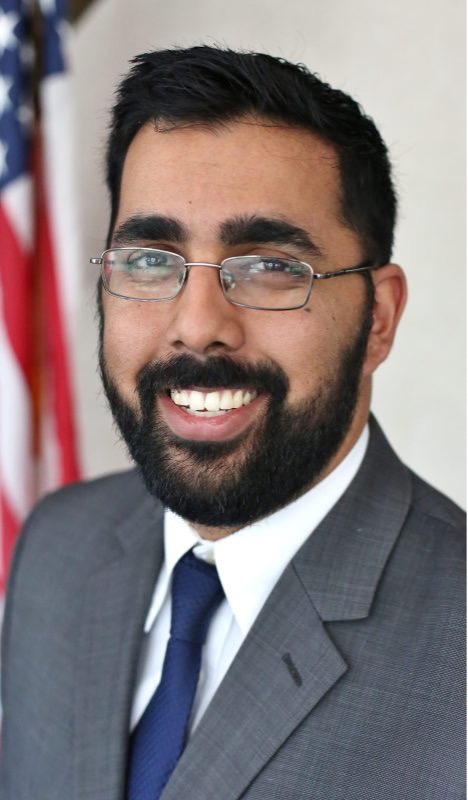
About Deepak
Deepak Bhagat has worked in the world of education since his days as an elementary teaching aide in high school. His experiences following high school have taken him from Teaching Assistant for a 100-Level US Politics Course and college counseling mentor/essay writing tutor to substitute teacher for Pre-K through 12th grade in Pennsylvania and Upper School 9th and 10th history teacher in New Jersey. Presently, Deepak works at Freedoms Foundation at Valley Forge as the Associate Director of Education, spearheading the High School Spirit of America program and working with the education team on growth and future endeavors at Freedoms Foundation to create and develop further dynamic programs. In working at Freedoms Foundation, Deepak is able to strive towards two critical goals. The first goal is to develop a stronger civic knowledge and affinity for students and participants who come to Valley Forge, as an informed populace ensures that the values and rights espoused in our founding documents endures. The second goal is that all students who come through the programs at Freedoms Foundation leave as stronger and better students in areas of civics, critical thinking, writing, and discourse. Deepak’s experiences have permitted him to embrace and grow in the roles of mentor and educational leader, and will no doubt continue to grow as he navigates further into education.
Future of Social Studies in PA
Over the last decade, education—that is the instruction and learning objectives of education—has faced a significant shift. Educators have gravitated away from standard note-taking/lecture models, focusing on placing events on timelines, and tests being the optimal assessment. Instead, we now focus on skills-based education in order to provide tools for students to go into their collegiate and professional years better prepared. So where did Social Studies go in this period? An outside look will show us that social studies in Pennsylvania still provides context to historical events and how we process them today. We look at geography, world history, and government, much like we have for decades. However, looking closer, we can see that there is greater emphasis on scope and sequence. This drives our teachers and students to think and grasp information in an analytical manner; thinking critically, we are able to ask “what drove this shift from the first Industrial Revolution to the second? To the third?” And we can answer these questions through the framework of hands-on and discussion-based learning. This is where social studies is heading. The goals of education should prepare our students for the future, and it is with a sound and strong social studies curriculum that we engage our classes, and our peers, with thought-provoking questions and a look to the past to help identify issues and solutions that are relatable to where we stand today. This begins with elementary social studies focusing on context and hands-on involvement. By ensuring we begin when our students are just starting to learn about the world around them, we build a foundation that should and can grow into meaningful skills-based, discussion-based, and analytical models of education.
